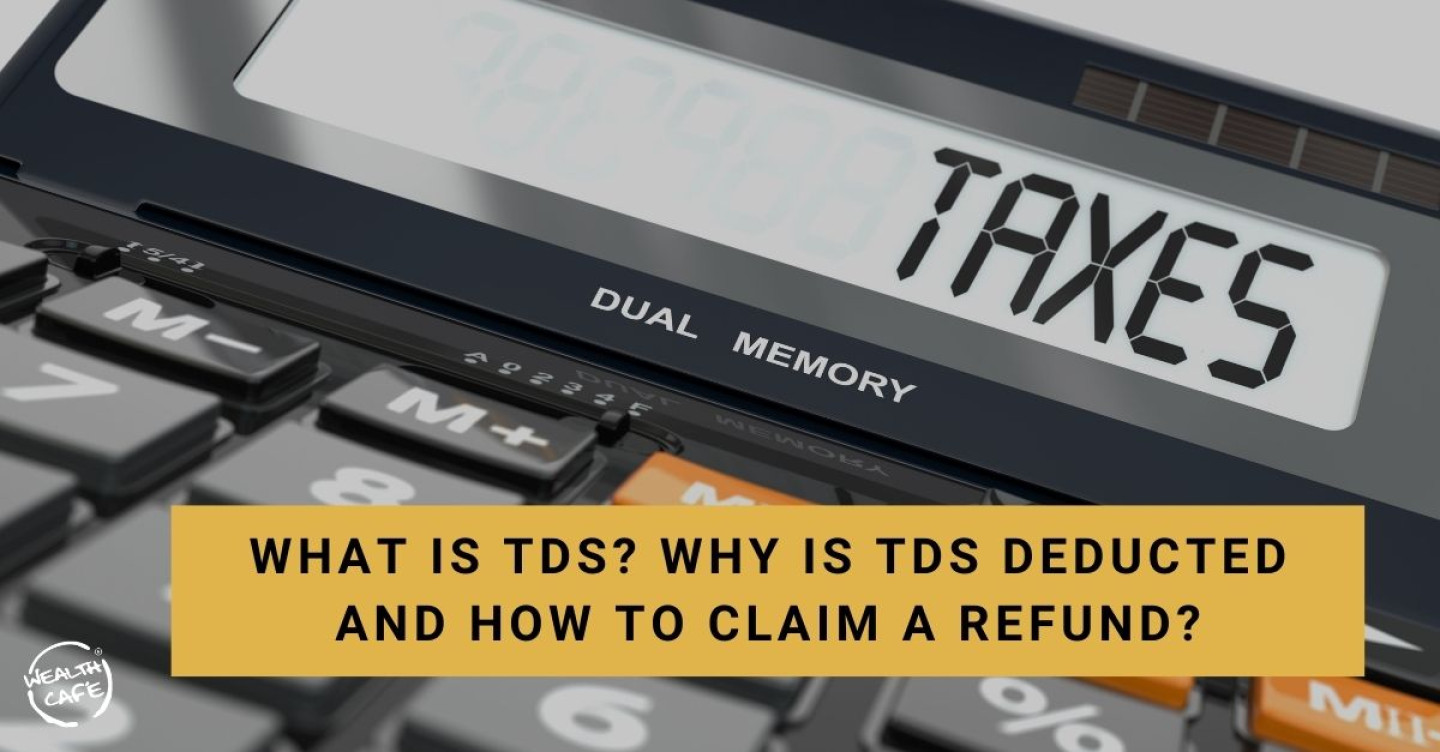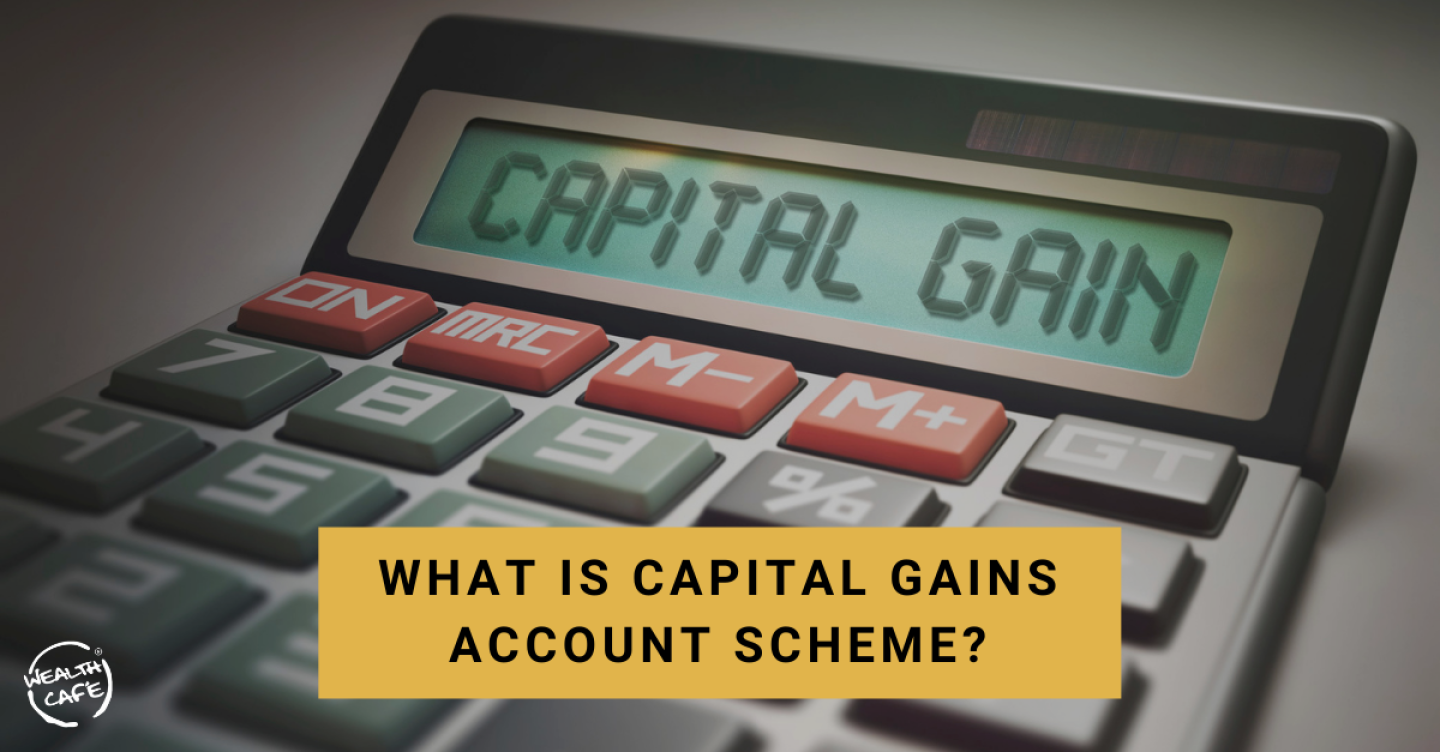Don’t we all wish to help the weaker sections of our society? Many times we end up donating some money, clothes or other things but not really making a larger impact in their lives. The best way to bring a change is to educate and make someone aware of ways they can do better. One such way is to help the people around you know more about the options available to them to make their lives financially better.
The government has launched numerous schemes to support us financially but only 1.36 billion population avails and benefits from them. And do you know if your domestic workers and other employees are benefitting from them completely? Let us guide you with this article on the schemes that are available and how you can make people around you make the most of it.
Step 1 - Ensure that their documentation is in place, they have an aadhaar card (which is properly linked to their mobile number and address and have a voter's ID. In some cases, they may not have a PAN card so voter ID becomes handy. Also, check if they have a proper bank account, if not help them open a bank account with a nationalised bank or any good bank.
1. Sukanya Samriddhi Yojana
Sukanya Samriddhi Yojana is to invest for those who have a girl child and can contribute in it annually upto 1.5 lakhs and can withdraw the money only for her marriage or higher education. It is earning a fixed interest rate of 7.6% currently and is decided by the GOI year on year. It is a great way to save money for the girl child without anyone being able to withdraw it or close it for their personal gains.
2. Pradhan Mantri Jeevan Jyoti Bima Yojana (PMJJBY)
PMJJBY is a life insurance policy that provides a cover of up to INR 2 lakh rupees against a small premium worth INR 330 per year. You can take this policy for your help and protect their family financially.
3. Pradhan Mantri Suraksha Bima Yojan (PMSBY)
Where you have factory workers, drivers, or even just other domestic workers, you can cover them from any accident and disabilities from those accidents by ensuring they have opted for Pradhan Mantri Suraksha Bima Yojana offers a renewable one-year accidental death and disability cover of Rs 2 lakh a JUST Rs 12 premium every year. This scheme is a great way to ensure that there is some financial support in case of any health issue or death from an accident.
4. Pradhan Mantri Shram Yogi Maan-Dhan(PMSYM)
PMSYM is a pension scheme to provide for their retirement. Most people in the unorganised sector have no ways to plan for their retirement and hence, this scheme should be opted for. They can get a pension of up to INR 3000 and through Atal pension yojana can earn a pension of up to INR 5,000. You can help them cover the investments to be made for these pensions and can work up a way to finance it on their own later. Do help them out with filling the form and understanding in better detail what these schemes are.
Wealth Cafe Advice:
You can contribute on behalf of the weaker section around you as the contribution amount is very small - if not - you can still educate them about it and encourage them to enrol in these schemes as this might be of great benefit to them. Also, if you contribute on behalf of them - inform them about how and when they can benefit from the same.













